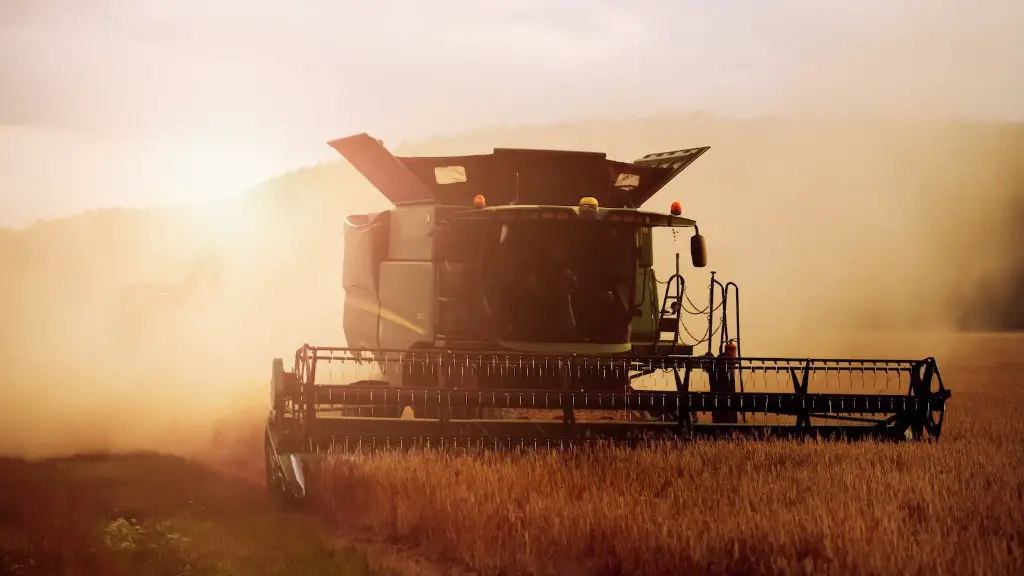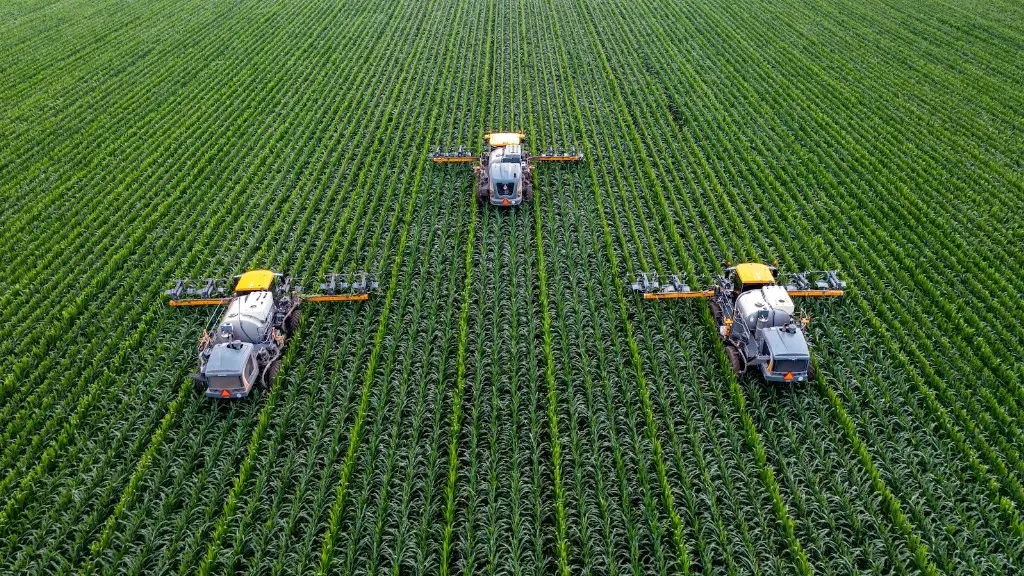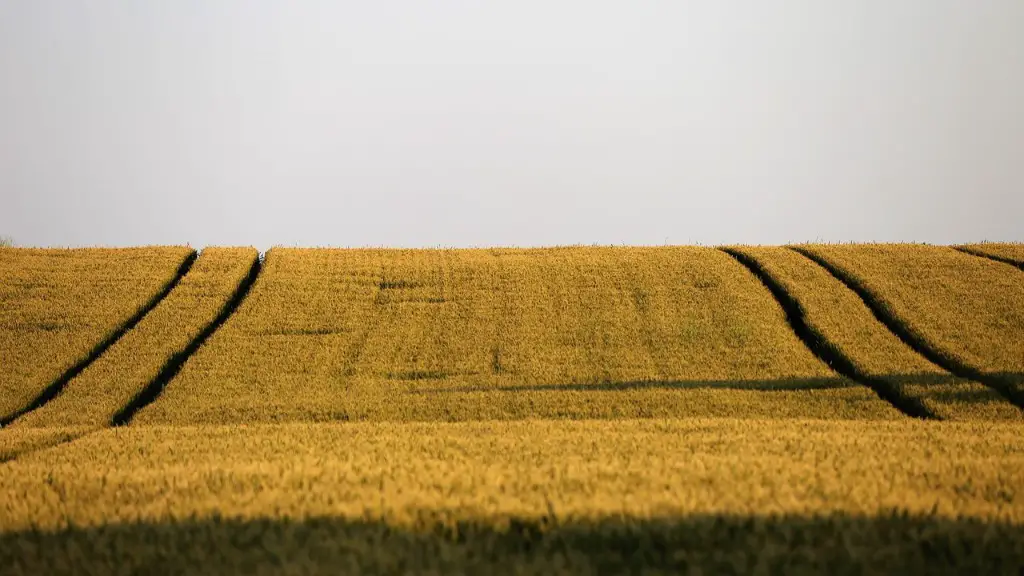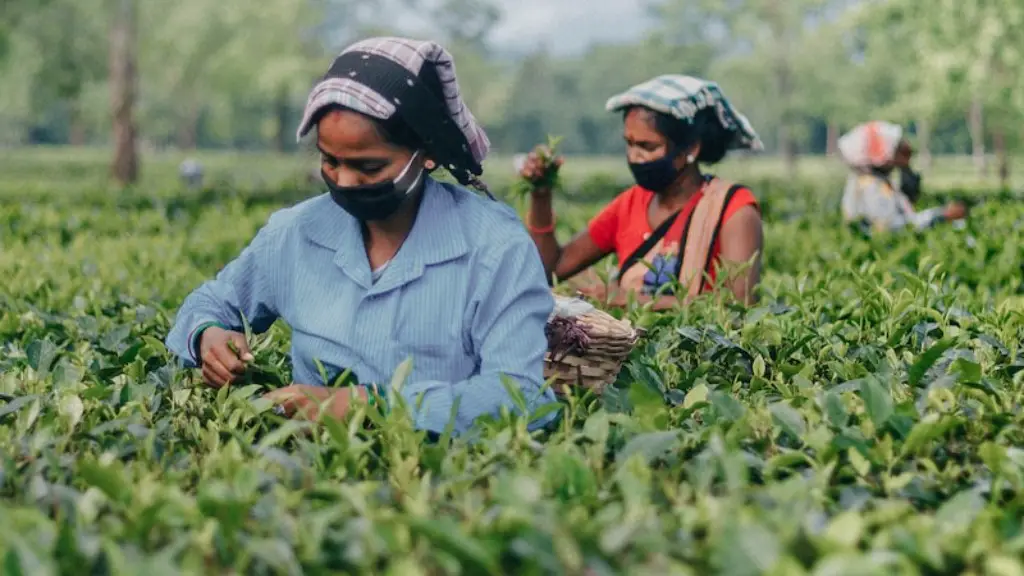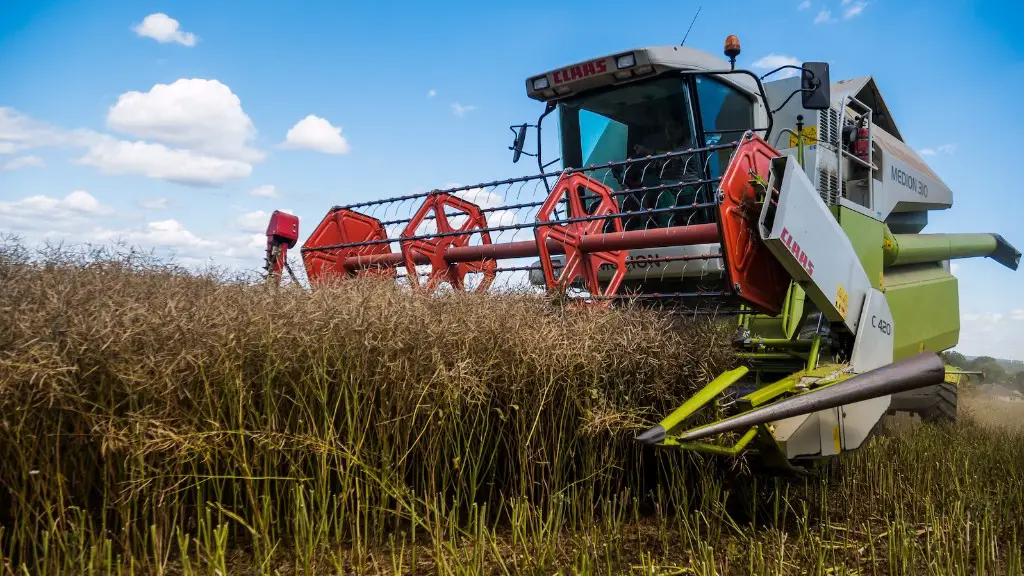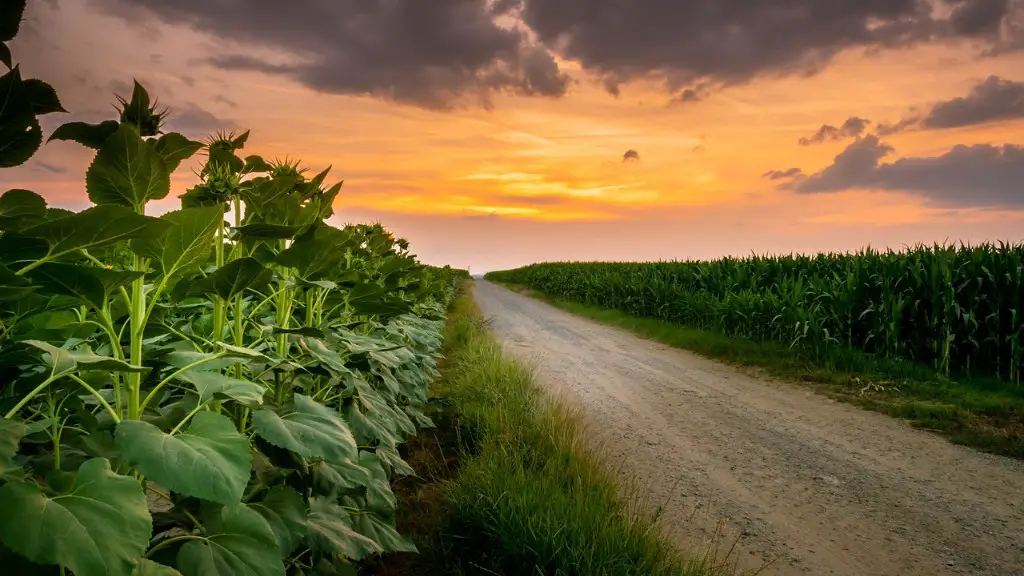Bees are incredibly important in agriculture. They are responsible for pollinating a huge variety of crops, including many of the fruits, vegetables, and nuts that we eat. Without bees, our food supply would be greatly diminished.
Bees are important in agriculture because they pollinate crops. Pollination is the process of transferring pollen from the male reproductive organ or stamen of a flower to the female reproductive organ or pistil. This process is necessary for the plant to produce seeds.
What are 5 reasons why bees are important?
Bees are one of the most important creatures on our planet, and they are in danger of disappearing. Here are the top 5 reasons why bees are so important, and why we need to do everything we can to protect them:
1. They help produce 1/3 of our food supply.
2. They help provide half of the world’s fibers, oils, and other raw materials.
3. They create many medicines.
4. They provide food for wildlife.
5. They help prevent soil erosion.
Bees are one of the most important pollinators in the ecosystem. They help to support the growth of trees, flowers, and other plants, which in turn provide food and shelter for creatures large and small. By contributing to complex, interconnected ecosystems, bees play a vital role in maintaining the diversity of plant and animal life on our planet.
Why do farmers prefer that bees pollinate their crops
Bees are important pollinators of many crops and plants. Pollination by bees results in increased abundance of fruits, pulses, seeds, berries and nuts. This has been shown in numerous studies involving apples, blueberries, strawberries and other crops. Bee pollination is essential for the production of many food crops and for the maintenance of healthy ecosystems.
Pollinators are essential to the world’s food supply, with three-fourths of the world’s flowering plants and about 35 percent of the world’s food crops depending on them for reproduction. Native bees are some of the most important pollinators, with more than 3,500 species helping to increase crop yields.
What will happen if bees go extinct?
Bees play a vital role in the pollination of crops, and without them, the availability and diversity of fresh produce would decline substantially. Human nutrition would likely suffer as a result, as crops that would not be cost-effective to hand- or robot-pollinate would be lost or persist only with the dedication of human hobbyists.
If we lose all the plants that bees pollinate, we could also lose all the animals that eat those plants. This would have a devastating effect on the global human population, as we would have half the amount of fruit and vegetables. We need to do everything we can to protect bees and their habitats.
Can we live without bees?
As important as bees are to our ecosystem, we would still be able to survive without them. However, our diets would be much worse off. A large variety of foods would no longer be available to us, and the cost of certain foods would increase.
It is estimated that bees pollinate around 80% of the world’s plants, including many crops that humans rely on for food. This means that without bees, humans would not be able to survive.
While this may seem like a dire situation, there are things that humans can do to help save the bees. One of the most important things is to avoid using pesticides and other chemicals that can harm bees. Another is to plant flowers and other plants that bees can use for food.
By taking these steps, we can help ensure that bees are around for years to come so that humanity can continue to thrive.
Do we need bees to survive
Bees are vital to our ecosystem and our survival. They help pollinate plants that provide us with food and they are a key part in the reproduction process of many species of plants and animals. Without bees, our world would be a very different place.
Honeybees play an important role in our ecosystem by pollinating plants and producing honey. They are also big business, with honeybees pollinating $15 billion worth of crops in the United States each year. Honeybees are essential to the success of many different types of crops, including more than 130 types of fruits, nuts, and vegetables. In addition to their pollination services, honeybees also produce honey, which is valued at about $32 million in 2017 according to the USDA-National Agricultural Statistics Service (NASS).
How are bees beneficial to farmers?
The agricultural benefit of honey bees is estimated to be between 10 and 20 times the value of honey and beeswax. In fact, bee pollination accounts for about $15 billion in added crop value. Honey bees are like flying dollar bills buzzing over US crops.
If you want to have a successful fruit harvest, you need bees to help with pollination. Without enough pollination, you will only be able to harvest a few fruits, which would be very disappointing. So make sure you have enough bees around to help with the pollination process if you want to enjoy a bountiful harvest.
What is the single most important pollinator for agricultural purposes
Native honey bees are the most commonly known pollinators and they are ‘volunteers’ that work tirelessly pollinating a variety of crops. However, there are other major agricultural pollinators too. These include wild honey bees. Wild honey bees are important pollinators of crops such as squash, cucumbers, and watermelons.
They are responsible for pollinating 70% of the world’s Plants and one out of three bites of food that we eat. Without pollinators, we would not have the same abundance or variety of fruits, vegetables, chocolate, coffee, nuts, and spices.
What are 3 reasons pollinators are important?
Pollinators are vital to agriculture as they help thousands of flowering plants reproduce. They are also important to our food system and ecosystems. Pollinator habitat can provide benefits on the farm, such as preventing soil erosion and improving biodiversity.
There are two ways you can pollinate a self-fertile plant: carefully shake the plant or blow on its flowers to stimulate pollen release; or gently swab the inside of each flower with a small paintbrush or cotton swab to transfer pollen into the pistil (middle part of the flower).
Warp Up
Bees are important in agriculture because they help pollinate crops.
Bees are essential for the pollination of many crops, and are responsible for the production of honey, wax, and other products. Without bees, our food supply would be greatly diminished.
